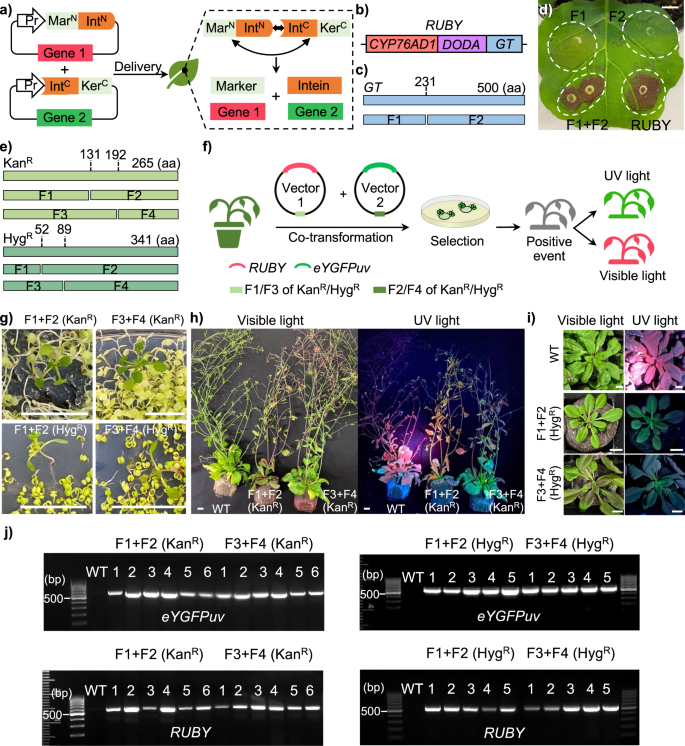2023-06-09 ニューサウスウェールズ大学(UNSW)
◆マウスを対象に行われた研究では、ストレスが脳の満腹感への反応を覆い隠し、食欲を刺激する報酬信号を持続的に活性化させることが示された。また、慢性的なストレスと高カロリーの食事の組み合わせは、体重増加と好みの変化に関与する分子NPYにも影響を与えることが明らかになった。健康な食事とストレスの軽減が重要であることが強調された。
<関連情報>
- https://newsroom.unsw.edu.au/news/health/link-between-chronic-stress-and-comfort-eating-mouse-study
- https://www.cell.com/neuron/fulltext/S0896-6273(23)00383-5
ストレスによる口当たりの良い食物摂取の制御における側手綱回路の重要な役割 Critical role of lateral habenula circuits in the control of stress-induced palatable food consumption
Chi Kin Ip,Jemma Rezitis,Yue Qi,Nikita Bajaj,Julia Koller,Aitak Farzi,Yan-Chuan Shi,Ramon Tasan,Lei Zhang,Herbert Herzog
Neuron Published:June 08, 2023
DOI:https://doi.org/10.1016/j.neuron.2023.05.010

Highlights
•HFD combined with chronic stress upregulates NPY in the CeAM
•CeAM NPY neurons directly and indirectly control Npy1r-expressing LHb neurons
•LHb Npy1r neurons are glutamatergic and project to the VTA
•Npy1r signaling in the LHb drives palatable food intake in mice
Summary
Chronic stress fuels the consumption of palatable food and can enhance obesity development. While stress- and feeding-controlling pathways have been identified, how stress-induced feeding is orchestrated remains unknown. Here, we identify lateral habenula (LHb) Npy1r-expressing neurons as the critical node for promoting hedonic feeding under stress, since lack of Npy1r in these neurons alleviates the obesifying effects caused by combined stress and high fat feeding (HFDS) in mice. Mechanistically, this is due to a circuit originating from central amygdala NPY neurons, with the upregulation of NPY induced by HFDS initiating a dual inhibitory effect via Npy1r signaling onto LHb and lateral hypothalamus neurons, thereby reducing the homeostatic satiety effect through action on the downstream ventral tegmental area. Together, these results identify LHb-Npy1r neurons as a critical node to adapt the response to chronic stress by driving palatable food intake in an attempt to overcome the negative valence of stress.


